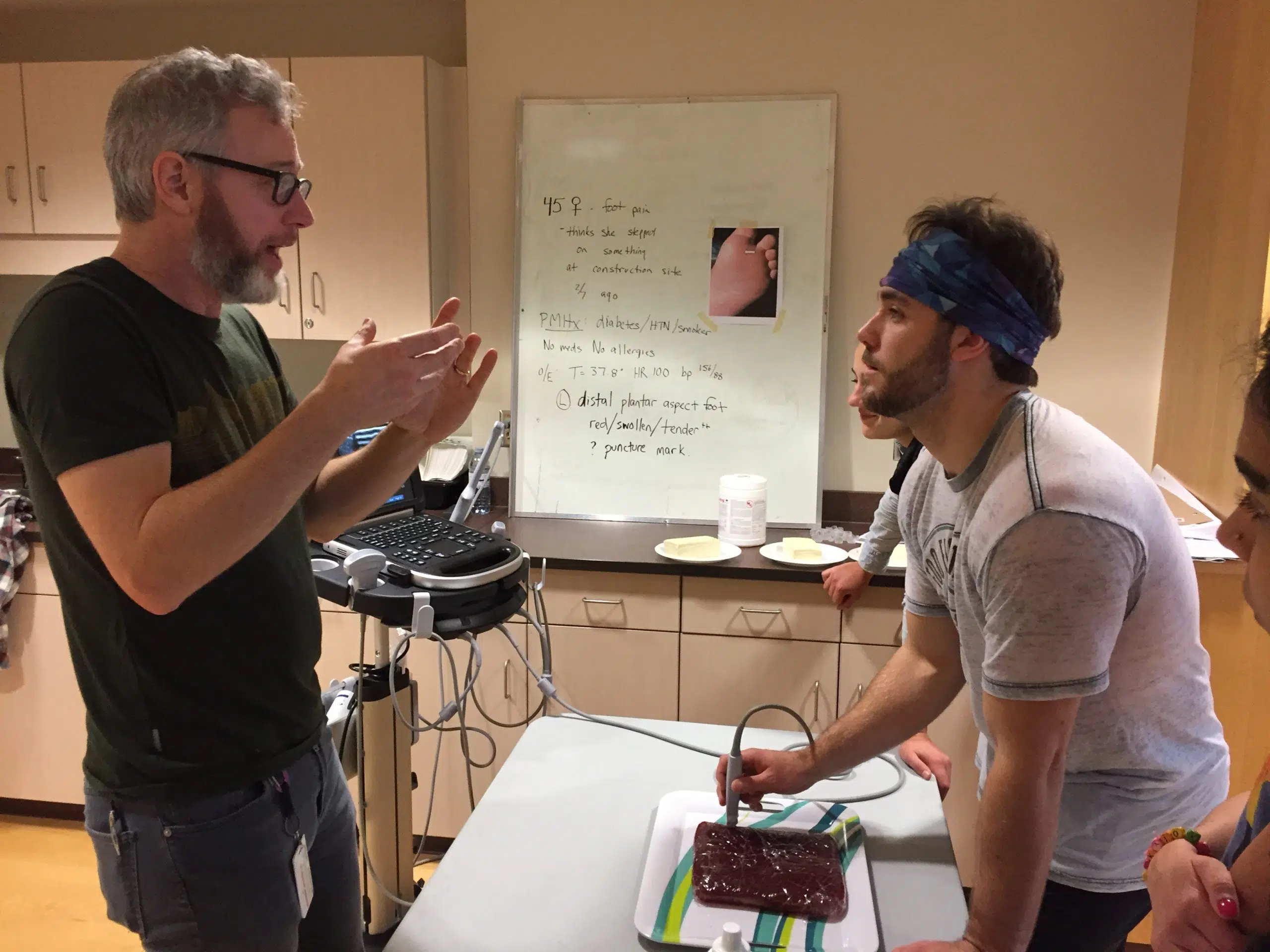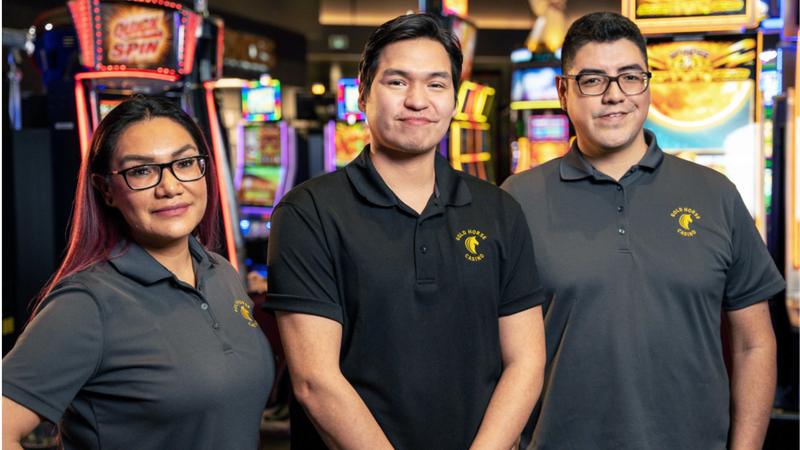
Medical students visit northern Saskatchewan
Over thirty medical students and residents visited two northern communities this weekend.
The trip was organized by the Saskatchewan Medical Association (SHA) as part of the organization’s Roadmap program. The goal is to get students and residents interested in practising medicine in remote communities.
Speaking to paNOW from Ile-a-la-Crosse, Dr. Reid McGonigle explained that while recruiting physicians to the area is the major focus, there are other benefits to the program.
“We know that not all … these students are going to be rural family doctors, some are going to be emergency doctors, some are going to be physiatrists, some will be surgeons … but the road does provide the benefit of showing students what it’s like for patients who live and come from a rural community,” he said.


